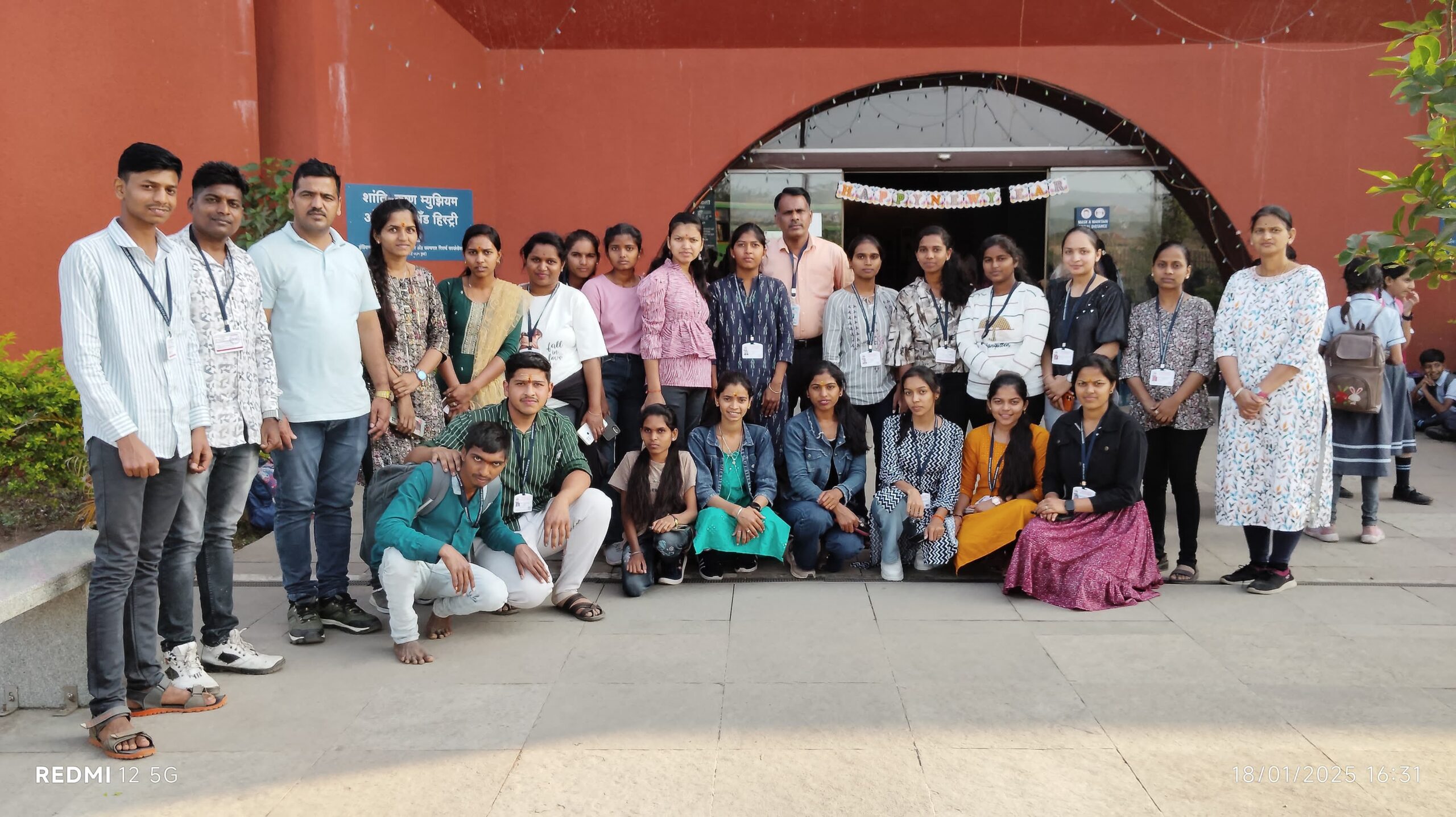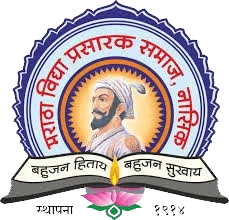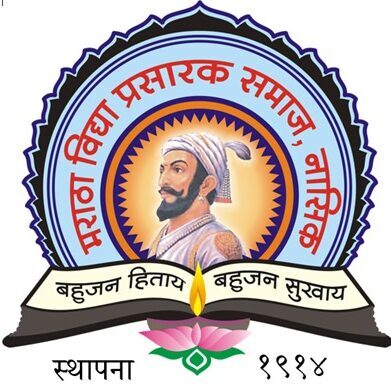
Department of Economics
Year of Establishment:
B. A Economics |
1981 |
M. A. Economics |
2007 |
About the Department :
The Department of Economics is Established in June 1981 at K.P.G Arts Commerce & Science College Igatpuri, is dedicated to understanding and explaining Indian Economic Issues in the context of current world and domestic issues. The department offers a bachelor’s & master degree course for rural and Tribal students. Students study the structure of local, state, national & Global basic economic Issues. To study the concepts of basic, state, National & Global Economic problems, etc. We practice various learning activities such as seminars, group discussions, projects, debate-clubs, study tours, Field Visit etc. to increase the analytical skills among the students. The department prepares the students to practice an effective learning regarding economic issues.
The most notable feature of the work of the department is the close and constant association of students and college teachers in various study activities. Activities of the department show awareness towards study of regional economical realities in order to develop generalizations on the basis of these realities.
Vision:
“To Imparting theoretical and applied knowledge of Economic among Rural & Tribal area Students. And conducting Research on Socio- Economic Problems at local level.’’
Mission :
To Prepare students for acquiring applied knowledge of Economics to enhance their employability and entrepreneurship in the Rural & Tribal Area
Goals :
1) To provide high quality academic education and training in the field of rural and Tribal economics.
2) To enable the application of economics principles to the design and analysis of economic policy.
3) To produce quality graduates with the analytical expertise that will enable them to function more effectively as economists, policy makers, researchers and educators.
Programs Offered:
Sr. No. |
Programme name |
Year of introduction of programme |
Duration of Programme |
Intake |
1. |
B.A. |
1981 |
03 year |
360 |
2. |
M.A. |
2007 |
02 Year |
60 |
Program Outcomes, Program Specific Outcomes & Course specific Outcomes:
PO,CO & PSO_Economics_Igatpuri

